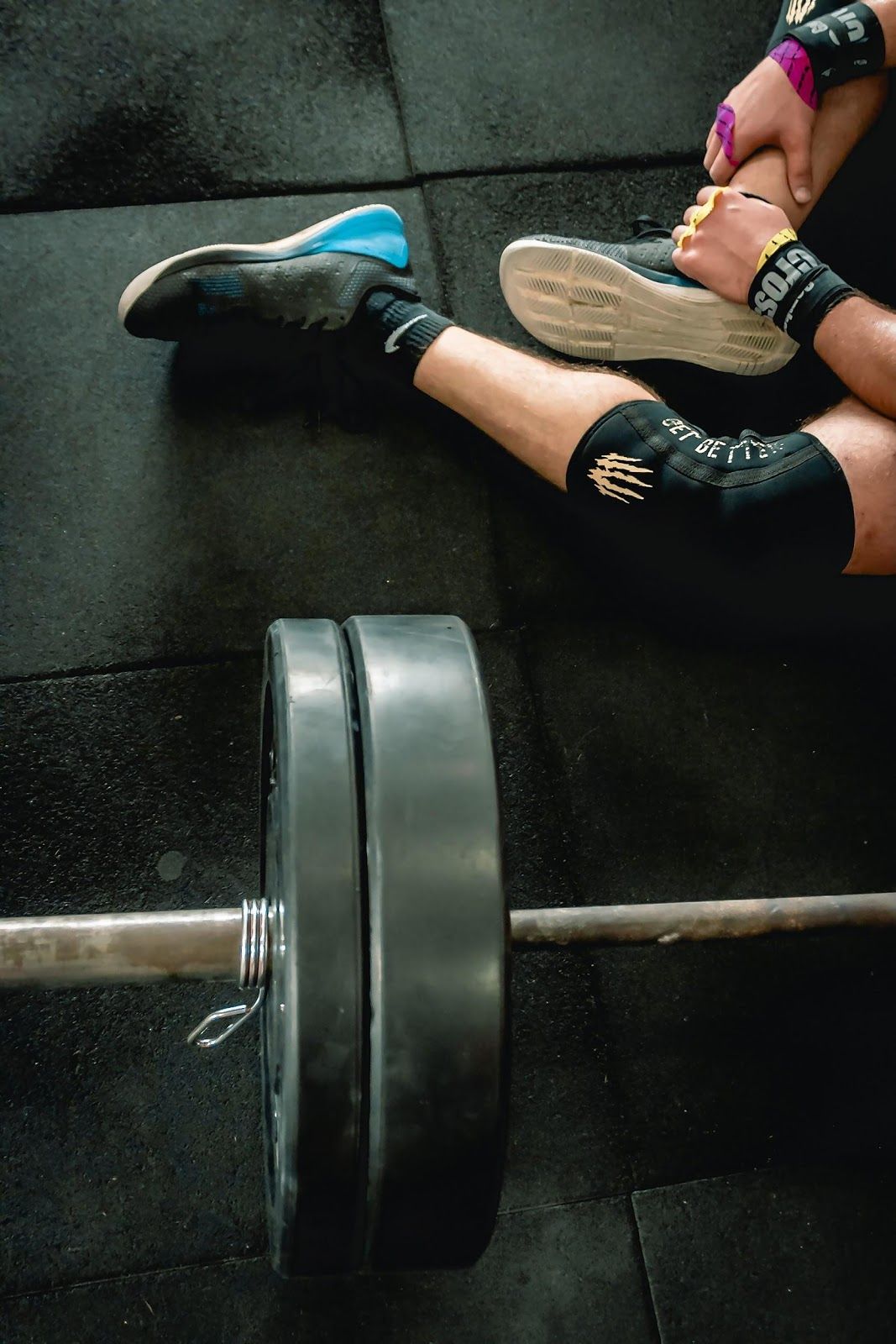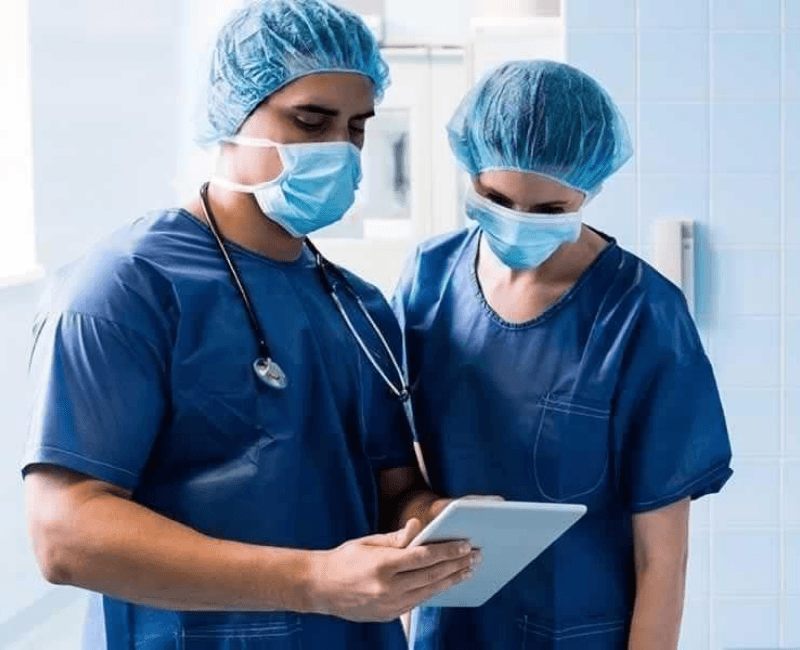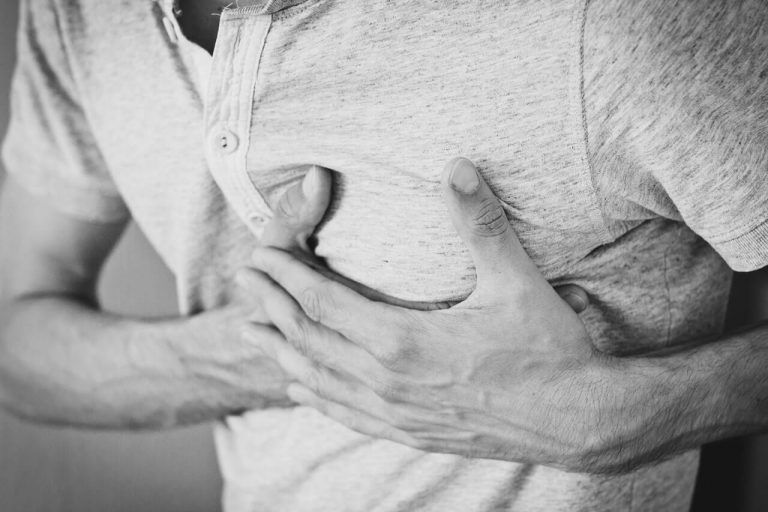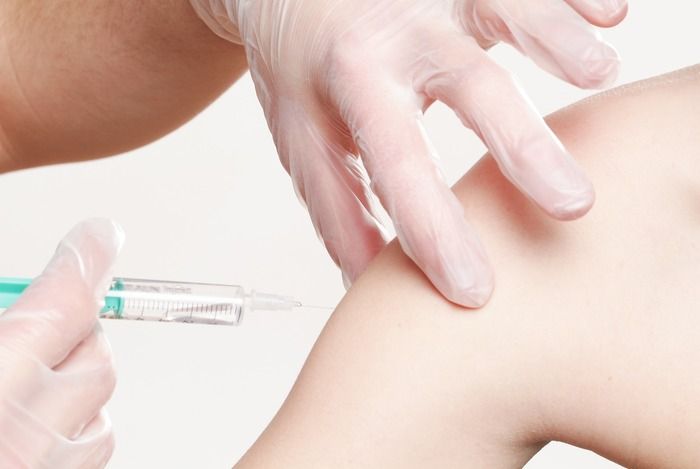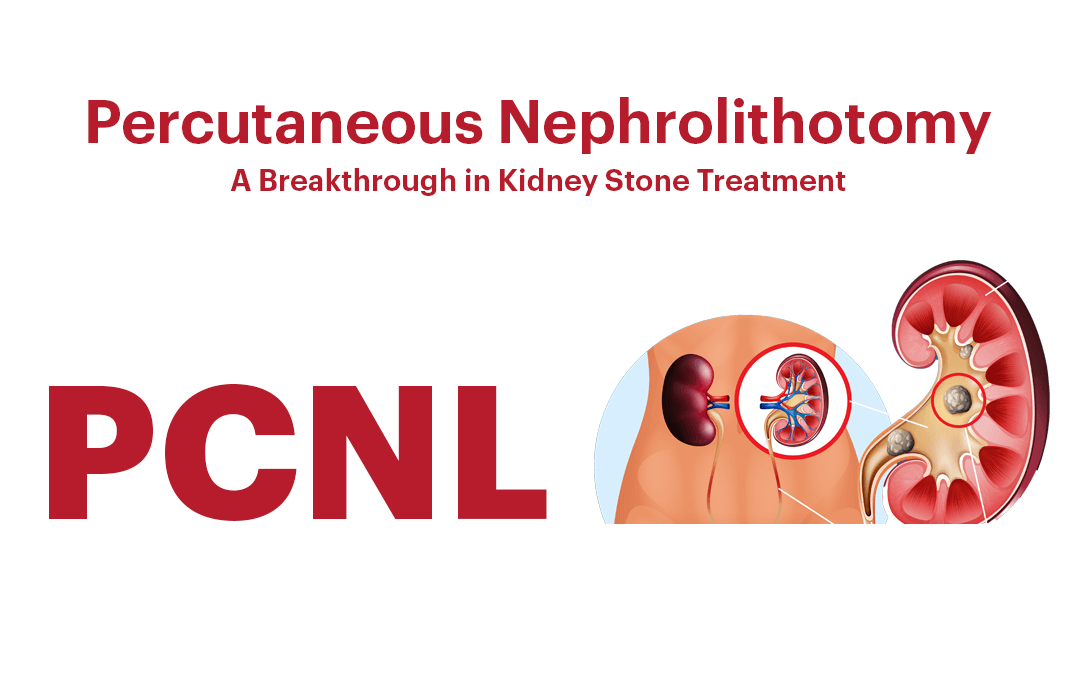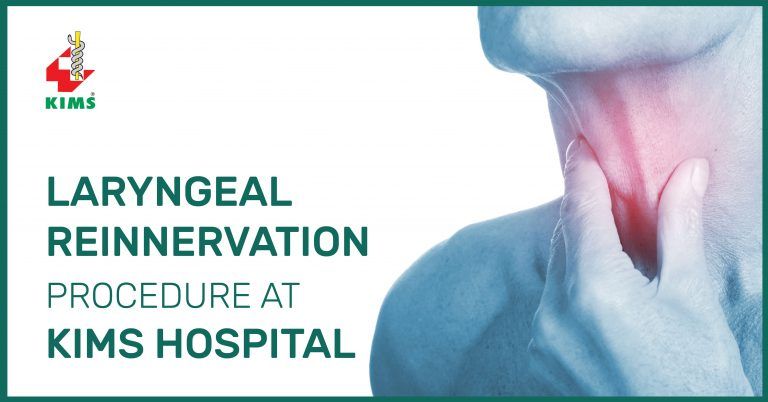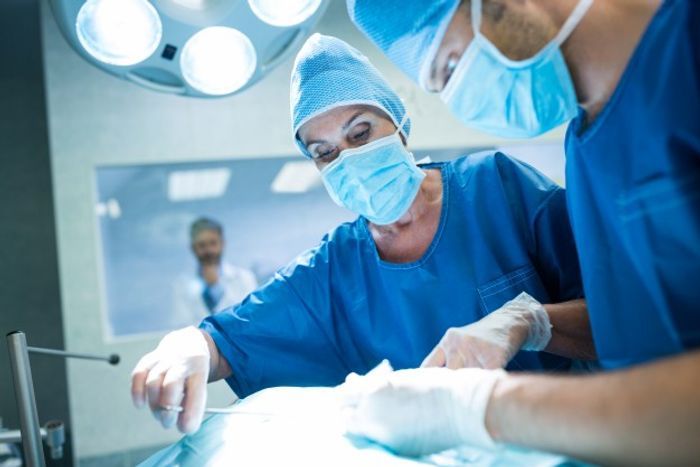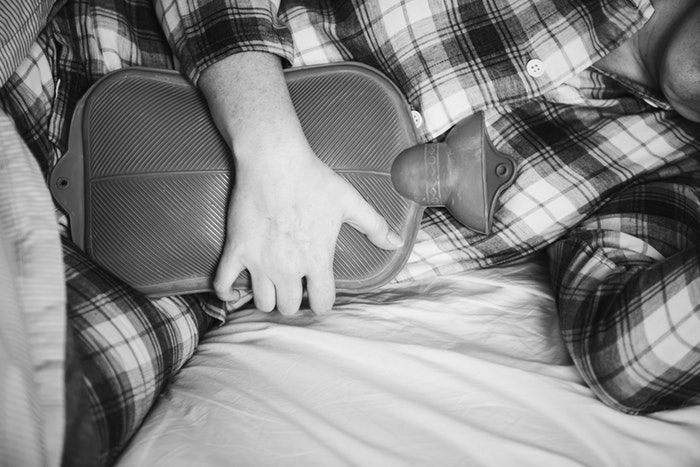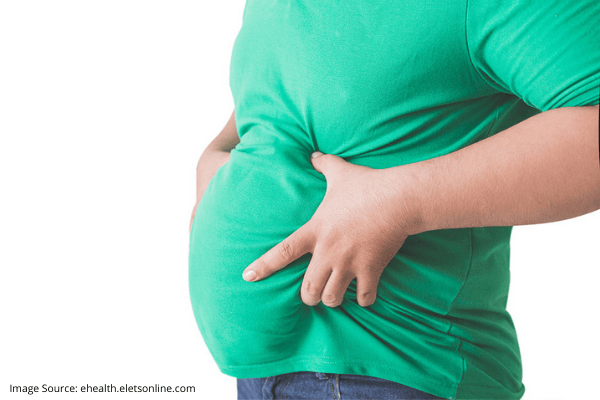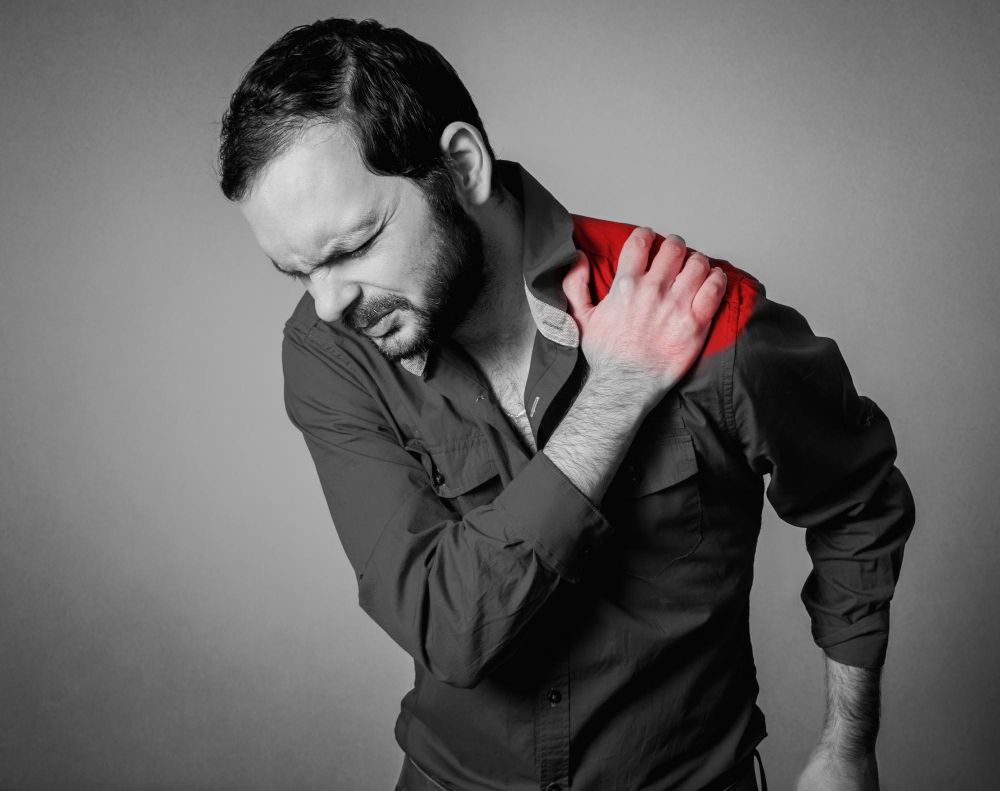Laparoscopic Hernia Repair: Minimizing Discomfort, Maximizing Recovery.
A Hernia is a medical condition where an organ or tissue protrudes through a weak spot or tear in the surrounding muscle or connective tissue, often causing a visible bulge or lump. Hernias, a common medical issue, can cause significant discomfort and impair an individual's quality of life. Fortunately, advances in surgical techniques have paved the way for minimally invasive procedures, including laparoscopic hernia repair. In this blog, we will delve into the world of laparoscopic hernia repair, exploring what it is, when it's recommended, how the procedure is performed, its benefits, and the recovery process.
** Understanding Laparoscopic Hernia Repair**
Laparoscopic hernia repair, also known as minimally invasive or keyhole hernia surgery, is a surgical technique used to repair various types of hernias. It involves the use of small incisions, specialized instruments, and a camera, known as a laparoscope, to repair the hernia from the inside. This approach offers an alternative to traditional open hernia surgery.
** When is Laparoscopic Hernia Repair Recommended?**
Laparoscopic hernia repair is typically recommended for the following scenarios:
Inguinal Hernias: Common in the groin area, inguinal hernias can often be repaired laparoscopically.
Ventral and Incisional Hernias: Hernias that occur at the site of a prior surgical incision or in the abdominal wall may be suitable for laparoscopic repair.
Hiatal Hernias: Laparoscopic repair is often recommended for hiatal hernias, which involve the upper part of the stomach pushing through the diaphragm into the chest.
Recurrent Hernias: Individuals who have experienced a recurrence of a hernia after a previous repair may be candidates for laparoscopic surgery.
The Laparoscopic Hernia Repair Procedure
The laparoscopic hernia repair procedure can be summarized in the following steps:
Anesthesia: The patient is placed under general anesthesia, ensuring they remain unconscious and pain-free during the operation.
Incisions: The surgeon creates small incisions in the abdominal area, typically ranging from half an inch to one inch in length.
Trocar Insertion: Trocars, which are hollow tubes, are inserted through these incisions. One of them carries the laparoscope, while the others are used to introduce surgical instruments.
Visualization: The laparoscope is connected to a video monitor, allowing the surgeon to view the interior of the abdomen and locate the hernia.
Mesh Placement: A synthetic mesh is used to reinforce and repair the hernia, preventing it from recurring.
Closure: Once the hernia is repaired, the small incisions are closed with sutures or staples, leaving minimal scarring.
Benefits of Laparoscopic Hernia Repair
Laparoscopic hernia repair offers several benefits compared to traditional open surgery:
Smaller Incisions: The smaller incisions result in less scarring and reduced post-operative pain.
Faster Recovery: Patients typically experience a quicker recovery, with shorter hospital stays and an earlier return to regular activities.
Lower Risk of Infection: Smaller incisions lead to a decreased risk of post-operative wound infections.
Reduced Post-Operative Pain: Patients often report less pain and discomfort after laparoscopic hernia repair.
Recovery and Post-Operative Care
Recovery following a laparoscopic hernia repair is generally straightforward:
Pain Management: Over-the-counter or prescribed pain medications are provided to manage any post-operative discomfort.
Diet and Hydration: Patients are advised to follow a soft diet initially and maintain good hydration.
Physical Activity: Strenuous activities should be avoided during the initial recovery period, allowing the surgical site to heal.
Follow-Up: Patients schedule follow-up appointments with their surgeon to monitor their progress and address any concerns.
Conclusion
Laparoscopic hernia repair is a modern, minimally invasive approach to treating various types of hernias, offering relief to those dealing with this painful condition. It is typically recommended for inguinal hernias, ventral and incisional hernias, hiatal hernias, and recurrent hernias. The procedure aims to repair the hernia while minimizing scarring and discomfort.
Recovery from a laparoscopic hernia repair is relatively straightforward, with pain management, diet adjustments, and physical activity restrictions. While complications and risks are possible, the procedure is generally safe and effective. If you suspect you have a hernia or are dealing with recurrent symptoms, consult with a healthcare professional to determine the most appropriate treatment plan, which may include a laparoscopic hernia repair. Overall, laparoscopic hernia repair offers hope for improved comfort and a faster return to regular activities for individuals affected by this common medical condition.
Ten Effective Remedies That You Can Refer to When You Are Suffering from Muscle Cramps
Finally starting off with the gym life can get too overwhelming until you hit those muscle cramps along with the weights.
ICSI(Intra Cytoplasmic Sperm Injection)
Normally during every mid-menstrual period, one of the 2 ovaries releases an ovum. Each ovum is covered by a membrane called follicle,
Pregnancy and Delivery Care
Nothing could possibly compare to the joy of becoming a parent. After nine long months of waiting, the moment you have been waiting for is almost there:
Some Common Causes of Chest Pain
The first thing that jumps into the mind whenever you have some sort of chest pain is heart attack! It’s only human to feel that way
Organic Food Vs GMO Food: What Should You Pick?
There is no doubt that the quality of food we consume is crucial for our good health. And with more people becoming health conscious the d
Importance of Breastfeeding and Vaccinations for Newborns
Going nature’s way is best when it comes to providing nourishment for the apple of your eye – your baby. Breast milk is best for your baby as it
Percutaneous Nephrolithotomy (PCNL): A Breakthrough in Kidney Stone Treatment
Kidney stones, those small, hard mineral deposits that form in the kidneys, can cause excruciating pain and discomfort.
Skin Tags - Benign Tumor or Cancerous Tumor?
Skin tag if observed is a narrow stalk that hangs about your skin, bulging at the end. They are usually freshly colored and can grow anywhere on your body.
3 Ways Vitamin C is Helpful for the Immune System
The water-soluble vitamin, Vitamin C is also known as ascorbic acid. It is helpful in building up the blood vessels, skins, and making bones stronger
4 Signs of Mental Illness
As life has gotten fast and hectic, different health issues have got introduced lately. Not just physical issues,
4 Ways Night-Shifts Can Be Dangerous For Your Menstruation And Ovulation
A good night's sleep is of value for pregnant women. But with strenuous work-hours and shift work, sleep can quite a luxury for all.
Causes Of Infertility in Women
More and more women are putting off pregnancy till well into their 30’s or early 40’s for career reasons; infertility is fast becoming a major heartbreaking issue for such couples.
Do Not Indulge in These 9 Common Dieting Mistakes
Dieting is not just about eating less or starving yourself to meet unrealistic goals. Healthy dieting involves making informed food choices.
Laryngeal Reiinervation Procedure at KIMS Hospital
Mr. K.P 56-year-old business executive from Bangalore underwent a thyroid surgery two years back.
Learn How Stress Affects Your Heart Health
Stress is a frequent side effect of the modern 21st Century lifestyle. We’re always running around to meet deadlines, pay bills we tend to
Lose Weight: The Healthy Way
Almost everyone we know is worried about the way they look. There are several concerns people have, like their complexion
Myths About Bariatric Surgery
Bariatric surgery – be it the gastric bypass and other weight-loss surgeries – involve making changes to your digestive system to help you lose weight.
Non-alcoholic Fatty Liver Disease: Should You be Worried?
A recent study has found that 1 in 5 people in India suffers from liver disorders. Before you blame it on the increased alcohol consumption
Obesity and its Relation to Type 2 Diabetes
Diabetes is a condition that arises when the body doesn’t produce enough insulin,, hence there is excess glucose in the blood
Rotator Cuff Tear
A rotator cuff tear is a rotator cuff injury that can cause shoulder pain and loss of arm function. The rotator cuff is a set of muscles and tendons in your shoulder.
What Happens to Your Body When You Fast?
Fasting has been practised by humans for thousands of years as a way of rejuvenating the mind, body and soul and as a common ritual of many religions from all over the world
Why You Shouldn’t Consume Medicines with Cold Water
There has been a long-raging debate on the temperature of water needed for consuming medications. You won’t find much as in research papers
10 Tasty Delicious Diabetic-Friendly Recipes
Worry about it no more, as a healthy diabetic diet does not have to be bland. Instead, you can enjoy a myriad of flavorful, low-calorie
4 Not So Common Health Problems in Teenagers
The current generation of teenagers have far more access to technology and gadgets than their parents did.
4 Secrets to Adjusting Your Toddler's Sleep Cycle
Most of the parents, some time or the other, may have faced the trouble of making their toddlers sleep at night.
Related Blogs
Ten Effective Remedies That You Can Refer to When You Are Suffering from Muscle Cramps
Finally starting off with the gym life can get too overwhelming until you hit those muscle cramps along with the weights.
ICSI(Intra Cytoplasmic Sperm Injection)
Normally during every mid-menstrual period, one of the 2 ovaries releases an ovum. Each ovum is covered by a membrane called follicle,




